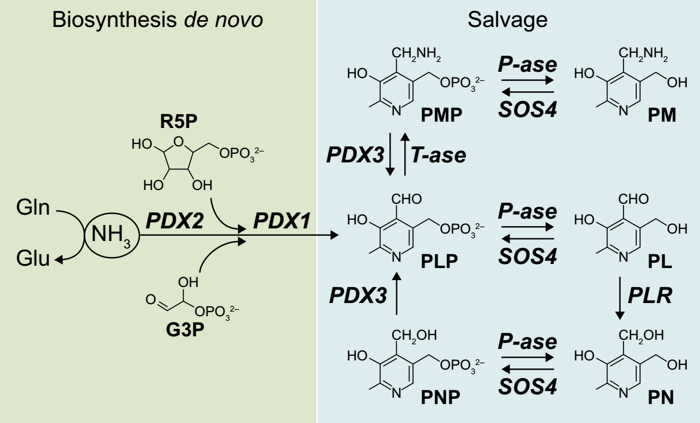
Review: Medicine Is not Health Care, Food Is Health Care: Plant Metabolic Engineering, Diet and Human Health (OA)
Plant Science Research WeeklyNew Phytol. One of the consequences of the green revolution has been the increasing dependence on few staple crops, which provide calories but often lack the right amount of micronutrients such as vitamins and minerals. The consequences are collectively called “hidden hunger” and concern not only…
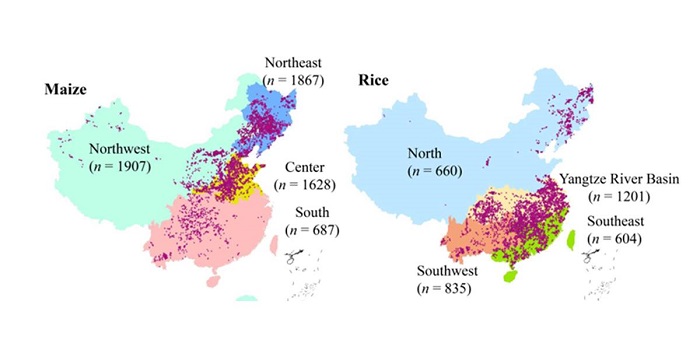
Pursuing sustainable productivity with millions of smallholder farmers ($) (Nature)
Plant Science Research WeeklyImproving crop productivity of rural areas while addressing pollution problems is a challenge that not only depends on scientific studies and technology but also requires an effective dialog with the smallholder farming communities. This month, Nature published the results of a ten-year Chinese agricultural…
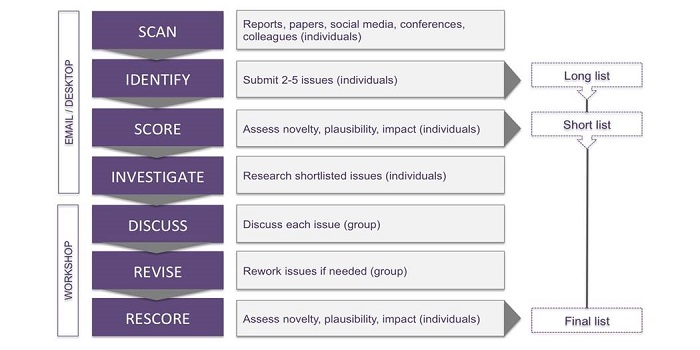
Point of View: A transatlantic perspective on 20 emerging issues in biological engineering studies
Blog, Plant Science Research Weekly, Research, Research Blog“Horizon scanning” describes the process of trying to rationally predict the future. Wintle et al. describe the results from a horizon-scanning exercise to identify emerging issues in biological engineering. The authors used an iterative approach to identify key issues in the near and longer-term…

Temperature increase reduces global yields of major crops in four independent estimates ($)
Blog, Plant Science Research Weekly, Research, Research Blog0 Comments
/
Although future negative impacts on crop yields expected from rising temperature are well known to plant scientists, there are still some members of the broader public that need to be made aware of this problem. Zhao et al. combined four different methods of assessing the impact of increasing temperatures…

A Taste of CRISPR
GPC BlogThis week’s blog was written by Dr Craig Cormick, the Creative Director of ThinkOutsideThe. He is one of Australia’s leading science communicators, with over 30 years’ experience working with agencies such as CSIRO, Questacon and Federal Government Departments.
So what do you think…

The Global Plant Council visits the Australian Plant Phenomics Facility
GPC BlogThis post is republished with the kind permission of the Australian Plant Phenomics Facility (APPF).
We at the APPF love visits from our global plant science community, so it was a treat to host Ruth Bastow, Executive Director of the Global Plant Council (GPC), this week.
While she was…
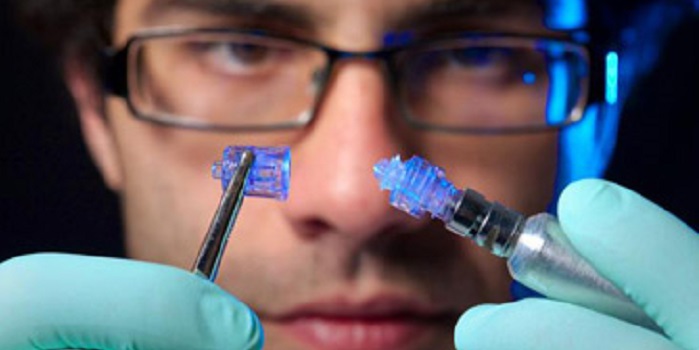
Scientific integrity resource guide
Blog, Careers, Skills and AdviceAbstract
Scientific integrity is at the forefront of the scientific research enterprise. This paper provides an overview of key existing efforts on scientific integrity by federal agencies, foundations, nonprofit organizations, professional societies, and academia from 1989 to April 2016. It serves…
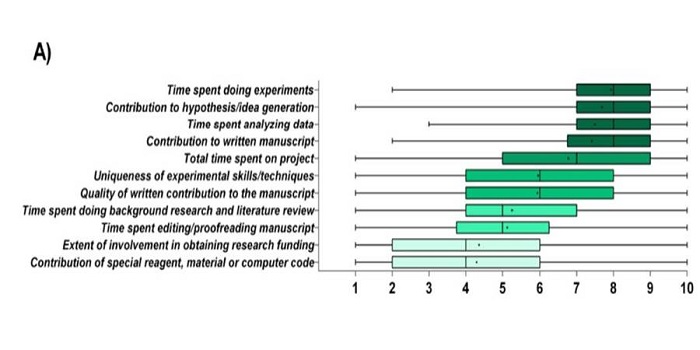
How do research faculty in the biosciences evaluate paper authorship criteria?
Plant Science Research Weekly, ResearchKassis asked biology, biomedical engineering and bioengineering faculty how important they considered several criteria for recognition as an author and rank on authorship list. A key finding is that, “Overall, there seemed to be a consensus that the time spent conducting experiments, coming up with…

Correspondence: Discussion about the US National Academies GE crop report ($)
Plant Science Research Weekly, ResearchA series of letters has been published in Nature Biotechnology on the topic of the US National Academies report Genetically Engineered Crops: Experiences and Prospects. From Dec 2016, US National Academies report misses the mark. In the April 2017 issue, authors of the report and others reply to the…

